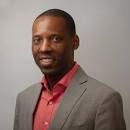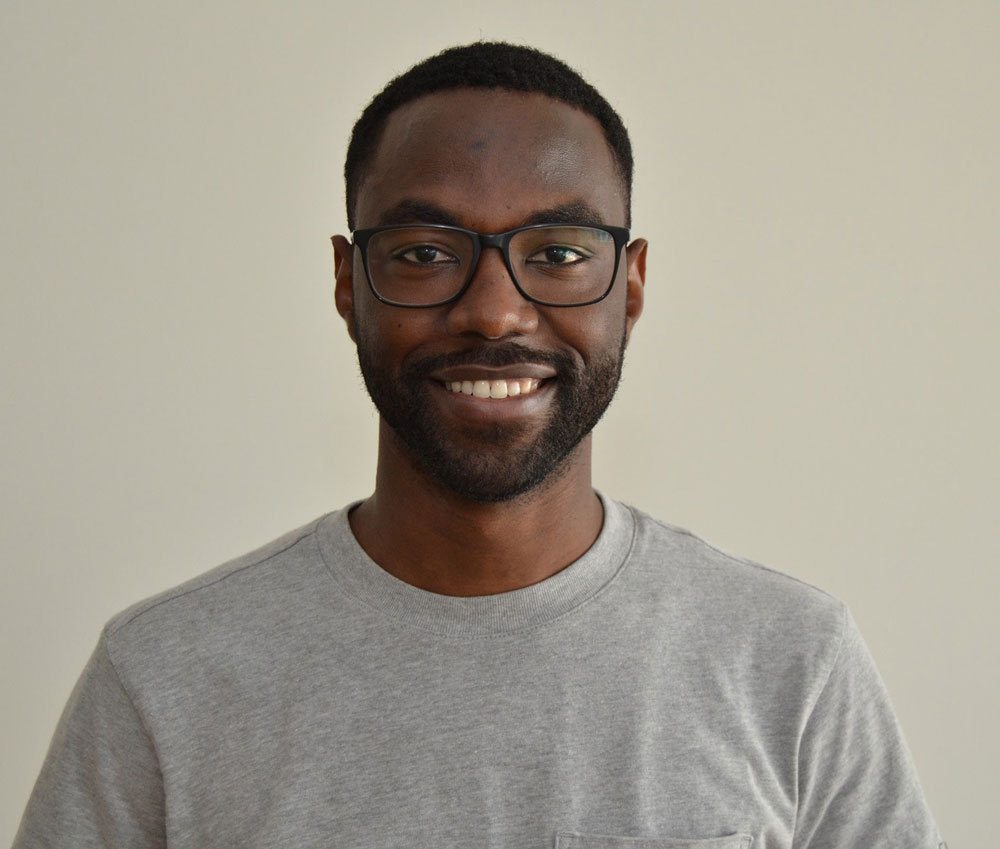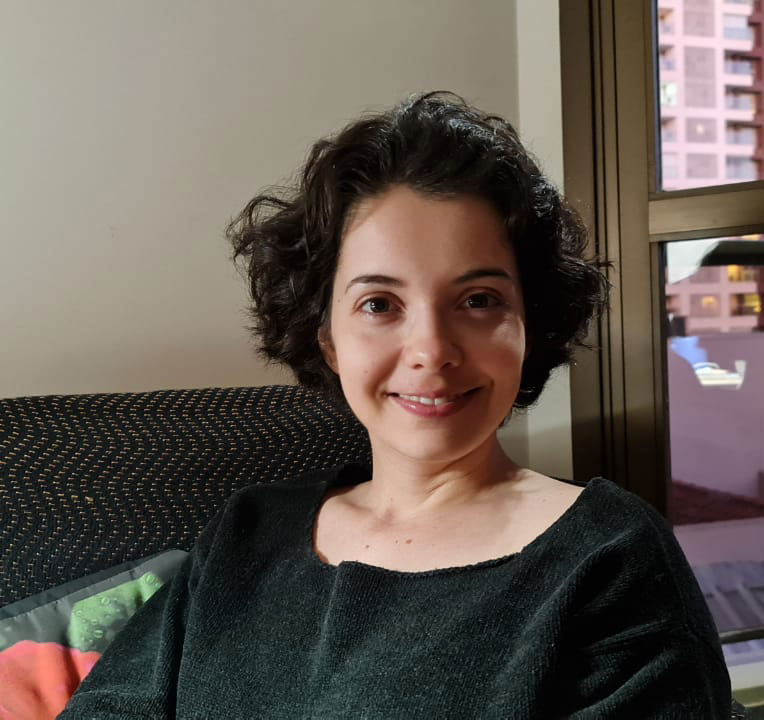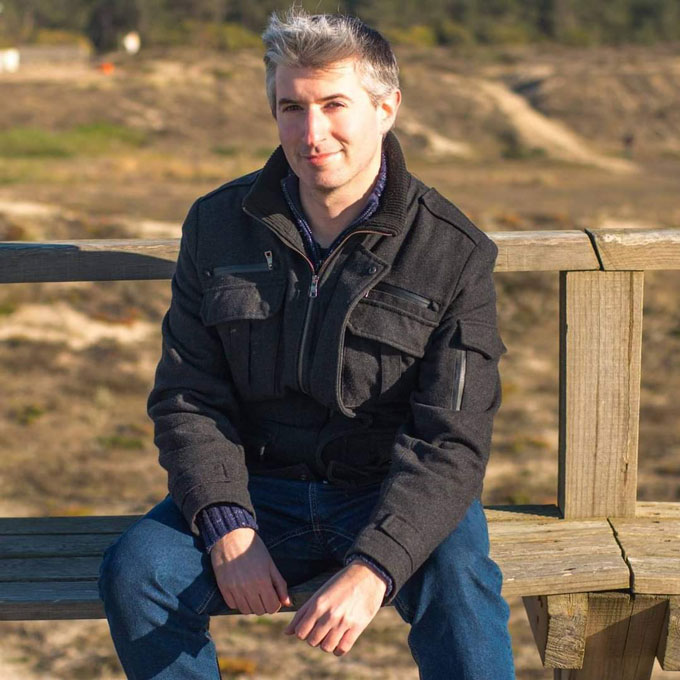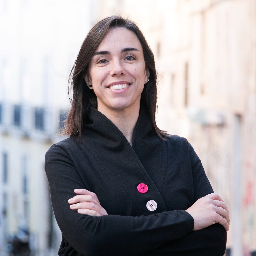
Display agenda in GMT timezone

Thursday, November 3rd - 15:30 PM To 17:30 PM
How to report about science done in my own country?
Portuguese Track

Desciption
If researchers want their science to reach society, it is not enough to work hard in the lab and publish in the best scientific journals. They have to step outside the institutions, use their communication offices and/or reach out to the media. It is even harder in Portuguese-speaking countries, were they have also to compete with science done in English-speaking countries, such as the United Kingdom or the United States, or science done in high-income countries, such as Germany or France.
It is the journalists’ mission to identify the science that is useful to their audience, including the one done inside borders, and to connect it to the needs and interests of the population. The Portuguese language will be one way to communicate these scientific advances or to debunk science related issues, but even then it will not reach all the citizens. It will be necessary to adapt the language, both in how it is said and in the language that is used, which may not be the official language, but is the only one that certain target audiences understand.
For this workshop we will bring the experience of four countries and the strategies used to deliver science done indoors to the national audience. A science podcast made inside the academy but broadcasted on a national radio and on the internet (in Portugal), an agency that provides press releases and contacts of national researchers (in Brazil), science animations in Creole (in Cape Verde) and health communication a dapted to the target audiences (in Mozambique).
Portuguese
Se os investigadores querem que a ciência que fazem chegue à sociedade, não chega trabalharem arduamente no laboratório e publicarem nas melhores revistas científicas. Têm de sair as portas das instituições, usar os gabinetes de comunicação e/ou chegar aos meios de comunicação social. Além disso, nos países de língua portuguesa, têm também de competir com a ciência feita nos países de língua inglesa, como o Reino Unido e Estados Unidos, ou a ciência feita em países de elevado rendimento, como a Alemanha ou França.
Aos jornalistas cabe a missão de identificarem a ciência que é útil para a sua audiência, incluindo aquela que é feita dentro de fronteiras, e ligá-la às necessidades e interesses da população. A língua portuguesa será uma forma de comunicar estes avanços científicos ou desmistificar algumas questões de ciência, mas mesmo assim não chegará a todos os cidadãos. Será preciso adaptar a linguagem, tanto na forma como se diz, como na língua que se usa, que poderá não ser a língua oficial, mas que é a única que determinados públicos-alvo entendem.
Para este workshop trazemos a experiência de quatro países e da estratégias usadas para levar a ciência feita dentro de portas à audiência. Um podcast de ciência feito dentro da academia, mas transmitido numa rádio nacional e na internet (em Portugal), uma agência que fornece comunicados de imprensa e contactos de investigadores nacionais (no Brasil), animações de ciência em crioulo (em Cabo Verde) e comunicação em saúde adaptada aos públicos-alvo (em Moçambique). Para moderar a sessão, Vera Novais, jornalista de ciência e presidente da SciComPt — Rede de Comunicação de Ciência e Tecnologia de Portugal.
Speakers
